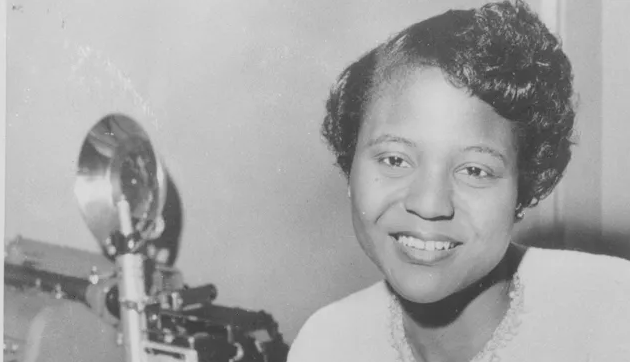The University of Alabama announced last week that it would be renaming a campus building to honor its first Black student, but beside her name would be the last name of a former governor who was also a leader of the Ku Klux Klan.
Many are outraged by the University’s commitment to memorializing Bibb Graves next to an honor they believe should be held by Autherine Lucy Foster and her alone.
The name “Lucy-Graves Hall” some believe is a way for the school to “appease our students of color and students who believe in diversity while still holding on to that violent, racist legacy they’re unwilling to relinquish,” 2021 UA grad Sidney Sheppard, told USA Today.
“They preach social justice and equity yet they still hold on to Graves’ name so tightly,” Sheppard, who spearheaded a years-long fight to get Graves Hall renamed, added.
Autherine Lucy Foster made history in 1956, becoming the first African American to attend the University of Alabama. The 92-year-old along with Pollie Ann Myers met at Miles College and began the task of desegregating Alabama’s campus in 1952 by applying for graduate school.
They got in but after the University learned the pair’s race, they rescinded the admissions offers, but took the matter to court. In the meantime, the Supreme Court made the landmark 1954 Brown vs. Board of Education decision.
To find any way to keep them out, the University hired private investigators and disqualified Myers who, they discovered, had been pregnant and unwed at the time she applied. Four years after their arduous journey began, Foster would step onto the University campus alone, but without dorm privileges.
Thurgood Marshall wrote to Foster in a letter at the time, “Whatever happens in the future, remember for all concerned, that your contribution has been made toward equal justice for all Americans and that you have done everything in your power to bring this about.”
Foster was expelled from the university and that decision wouldn’t be reversed until 1988. After which, she returned to receive her Masters degree in 1992. In 2020, her great-niece, Nikema Williams was elected to fill the Congressional seat long held by John Lewis.
Get the latest news 24/7 on The Black Information Network. Listen now on the iHeartRadio app or click HERE to tune in live.




